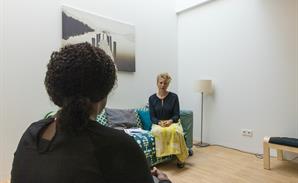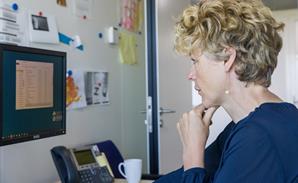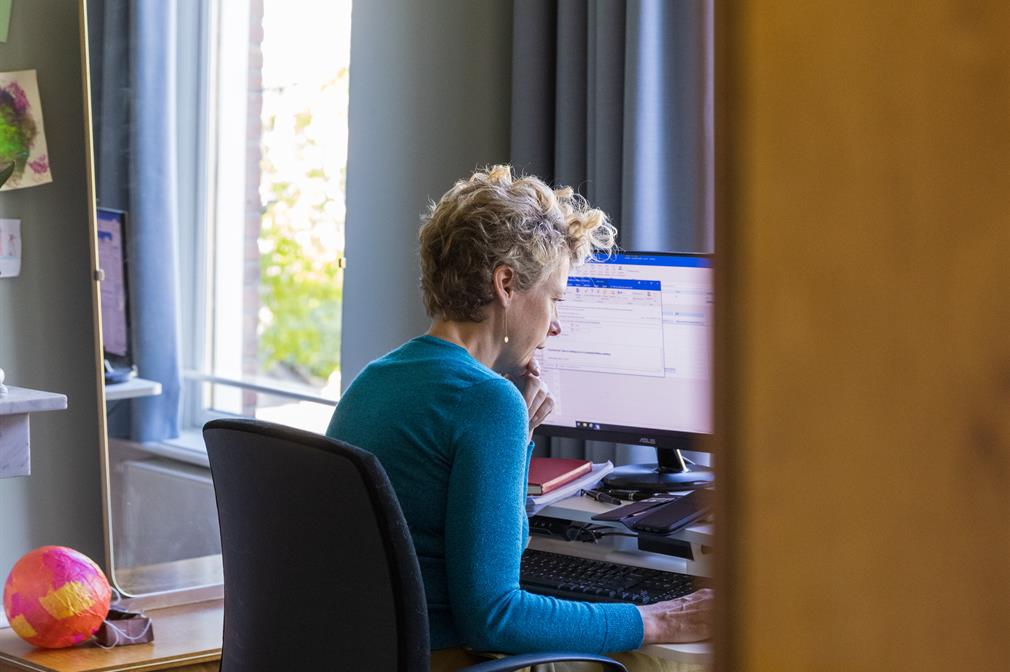
There are some victims and witnesses I will remember as long as I live. One witness in particular, I met a number of years ago. When she came to the Court to testify, she was barely an adult. She had survived sexual violence in conflict.
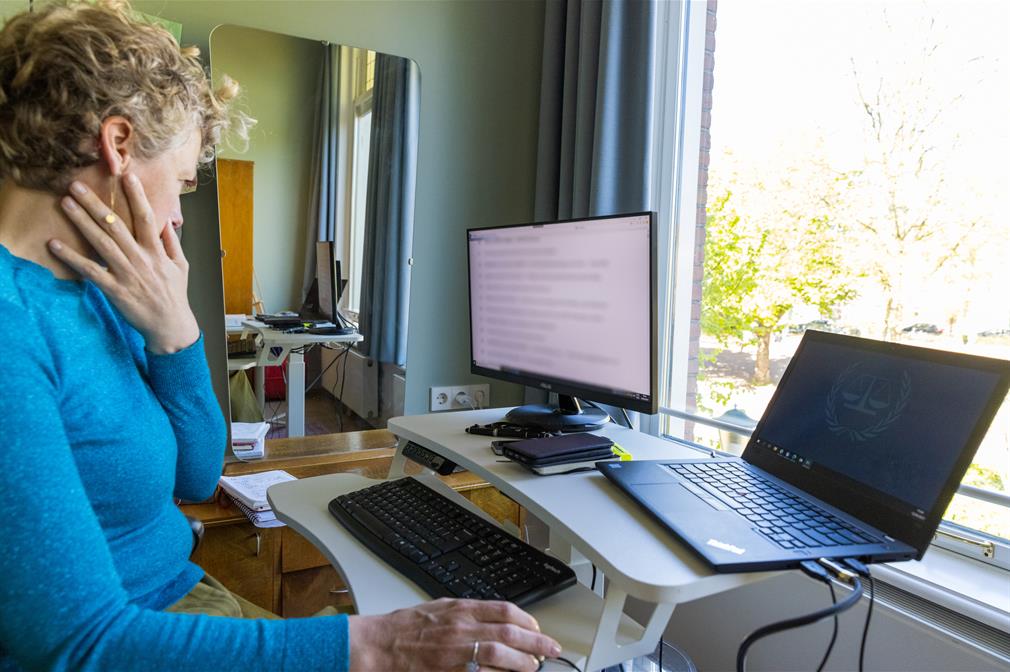
In Court, she had to relay facts that were just horrendous. Yet she was very able to explain the impact all of this had had on her young life. She gave valuable evidence. I remember the moment I met her...
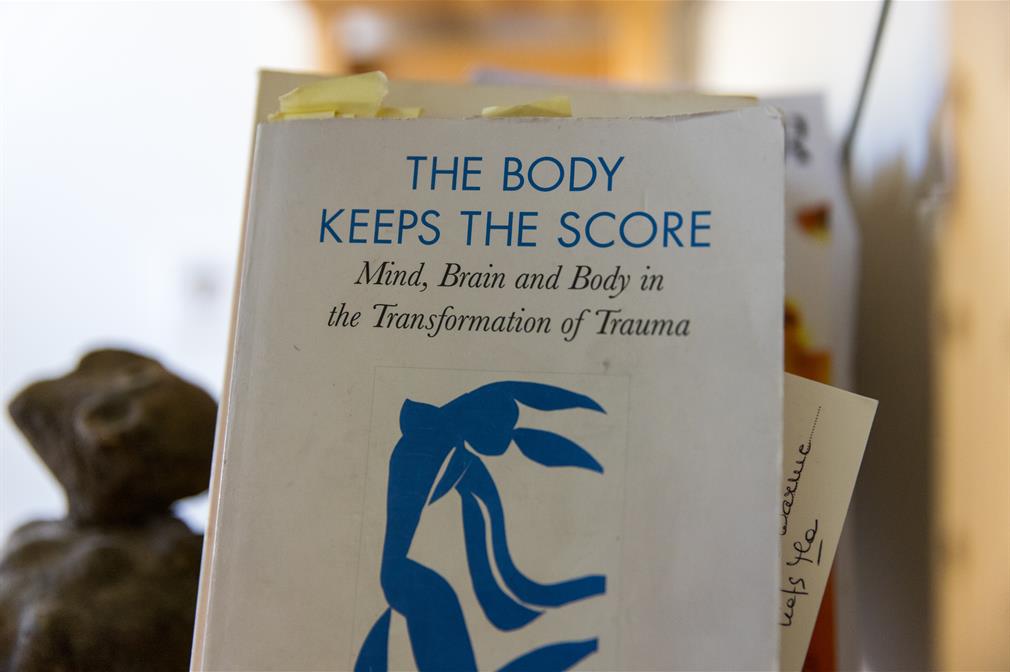
She seemed so incredibly fragile and afraid to speak out. But throughout her testimony we literally saw her grow and gain confidence, and by the end she was so incredibly proud of what she did and felt so empowered. I was humbled and proud.

As psychologists, we advocate for the rights of witnesses and victims by listening to them and ensuring that their interaction with the court is dignified, and that they receive the support they deserve.
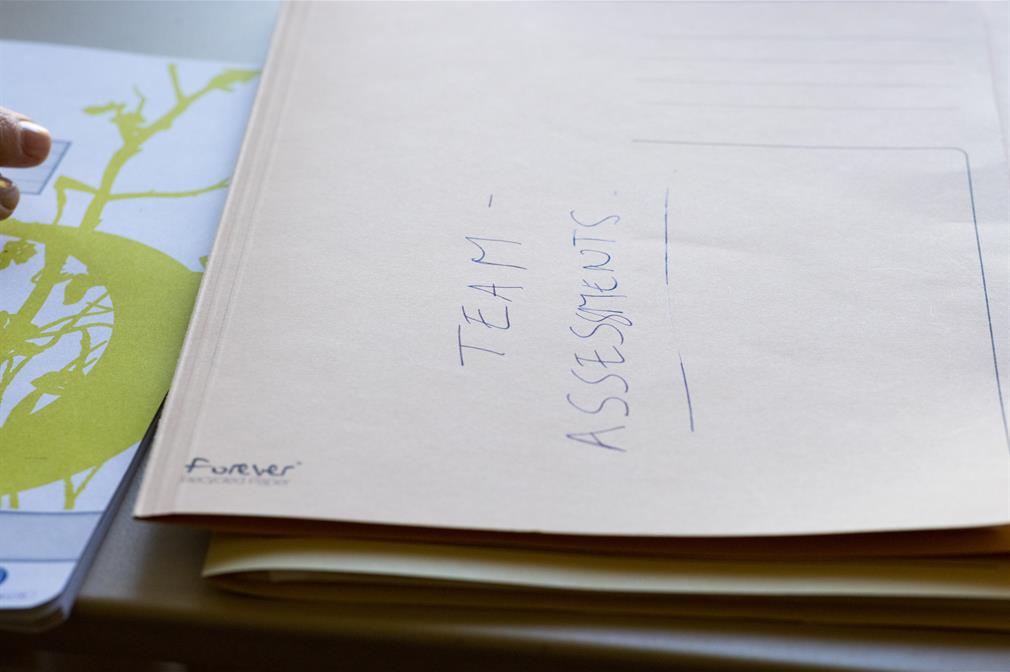
Psychologists use tools which are evidence-based. Our assessments help us understand each witness’s vulnerabilities and strengths. We support them throughout their testimonies, and if they experience traumatic reactions, we are there to help.
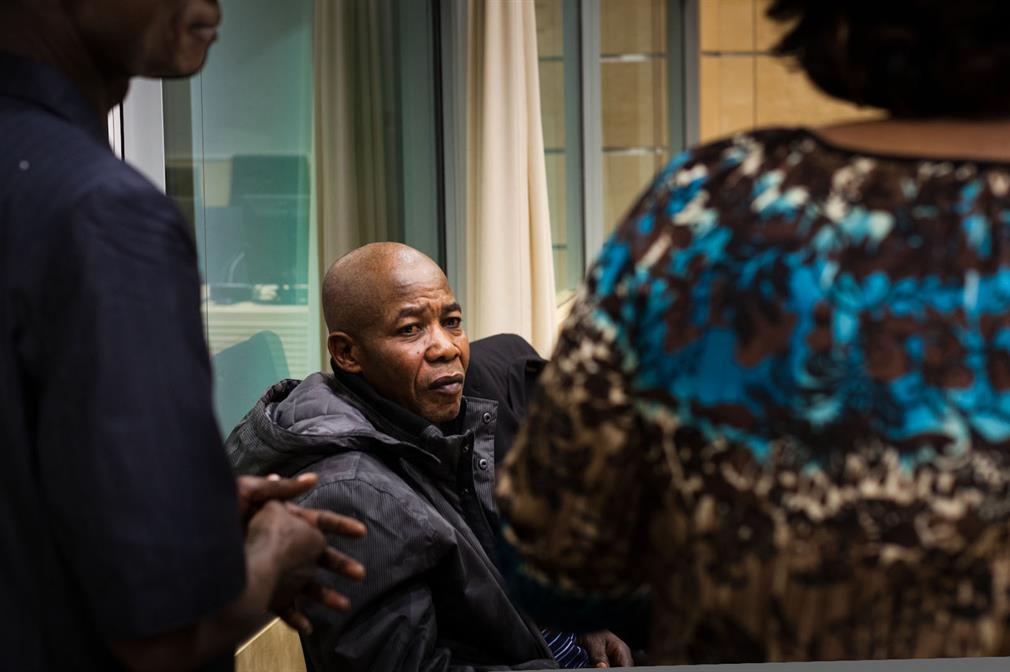
Our diverse team talks to witnesses and victims about what they’re afraid of, and what the process means to them, to their lives. (Photo: Frank Schinski)

In a courtroom, every word counts and emotions are amplified. Witnesses and victims may feel very exposed and vulnerable, but sometimes also very empowered and seen. That has a big psychological impact. (Photo: Franck Schinski)
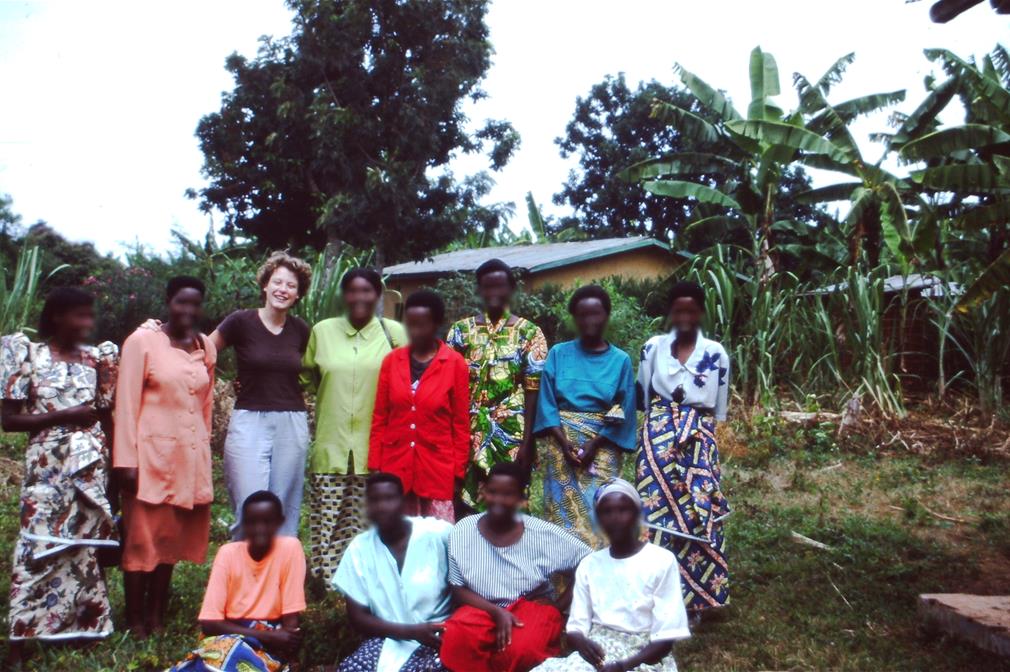
I became interested in justice years ago when posted in Rwanda. As a psychologist, I worked alongside local trauma counselors. Many women we worked with were victims of sexual violence and had this incredible need and wish to tell their story.
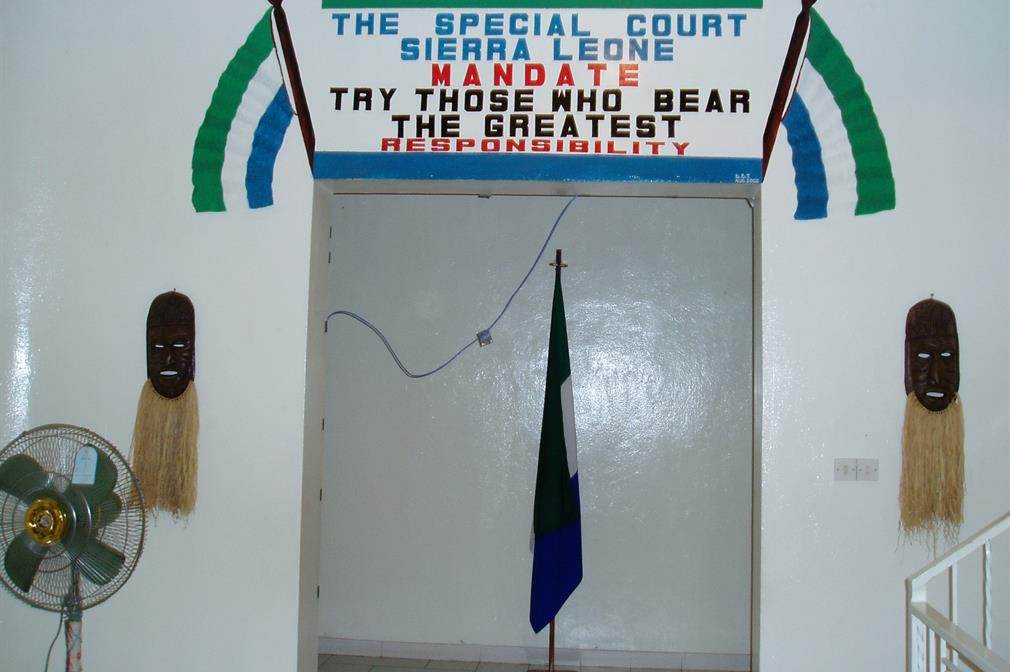
I found it fascinating that it was such a positive force for them. It became my career path, and led me to work in diverse post-conflict settings. I was later given the chance to set up a witness support unit at the Special Court for Sierra Leone.
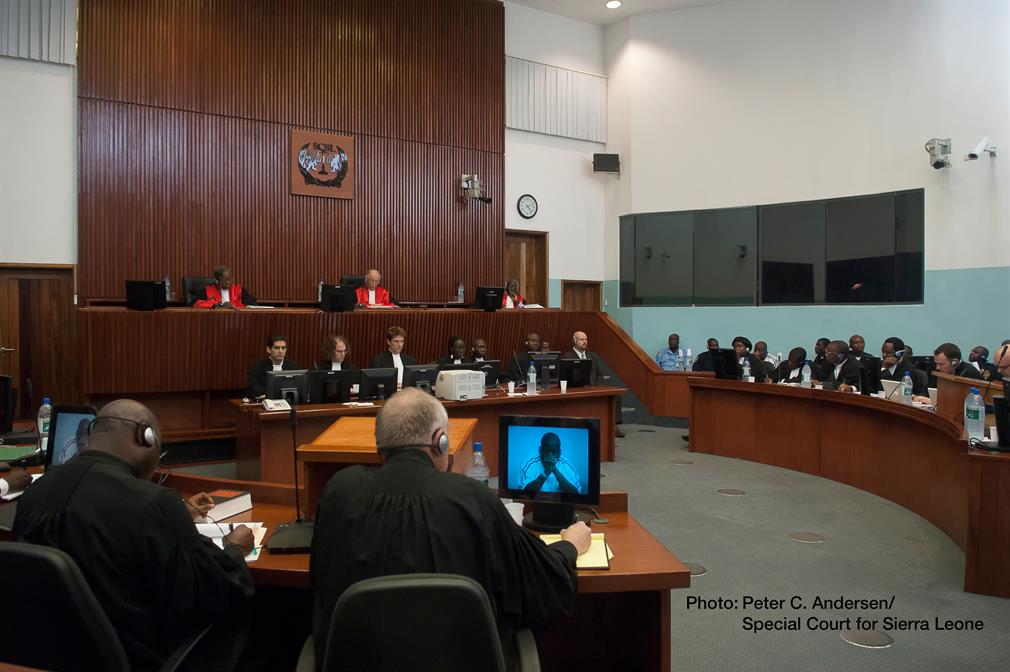
I became one of the first psychologists to work in international justice mechanisms. Following my passion made me a pioneer and I am still very grateful for that. What I learned then still serves me every day in my work at the ICC.
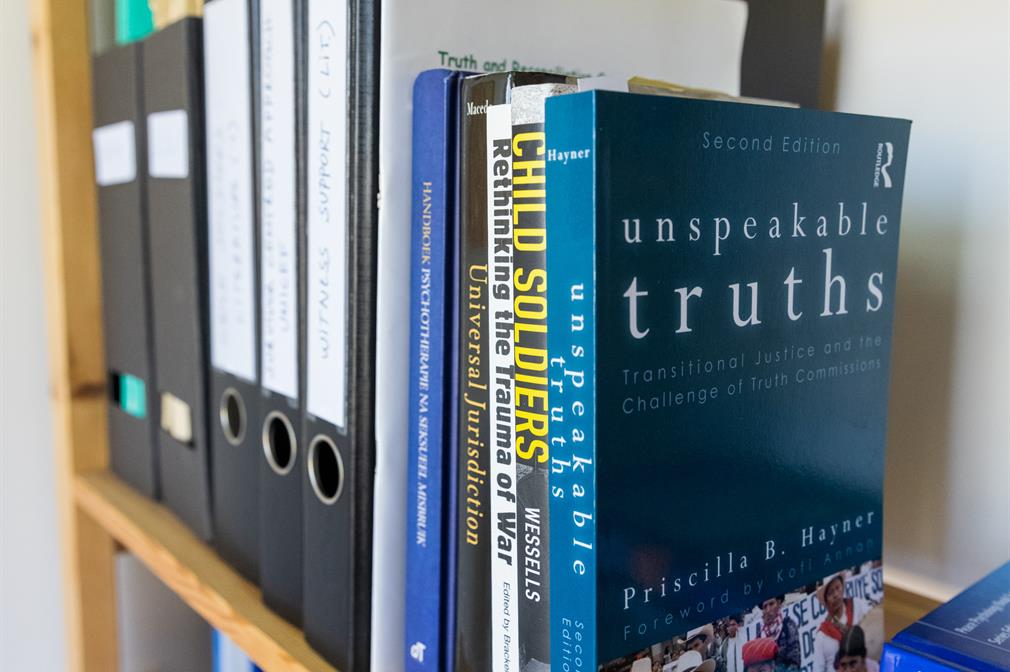
I joined the Court in 2009. Before my arrival, at the ICC’s first trial – in the Lubanga case – had just begun. One of the first witnesses appeared to give testimony: A former child soldier.
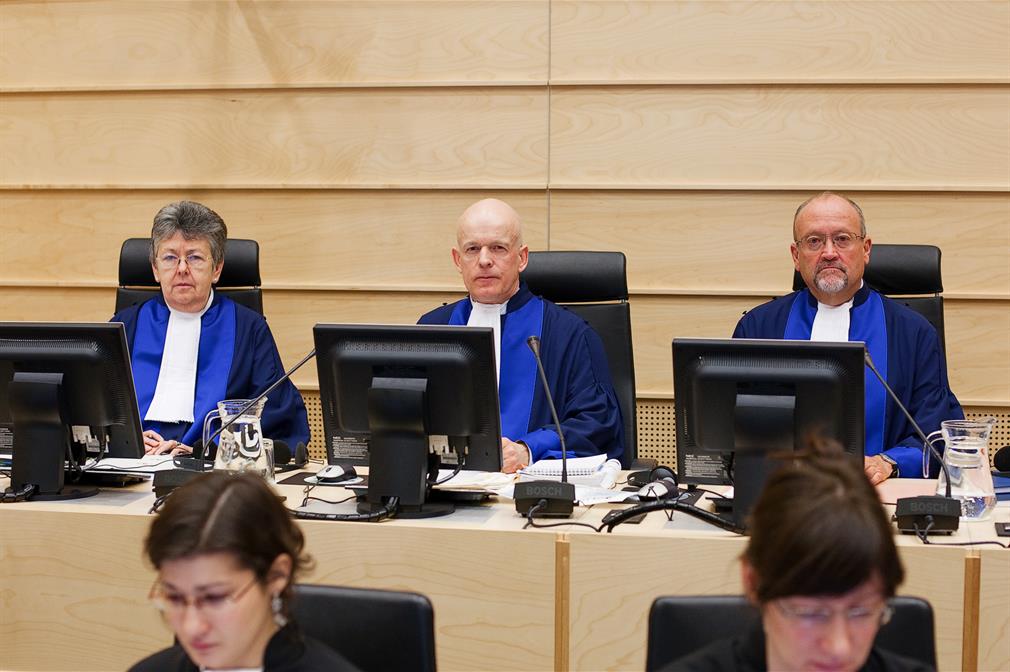
There, sitting in the witness box, he totally froze. They had to suspend the trial. The judge then insisted that there would be a psychologist on staff, as foreseen in the Rome Statute, to assess and support witnesses. (Photo: Michael Kooren)
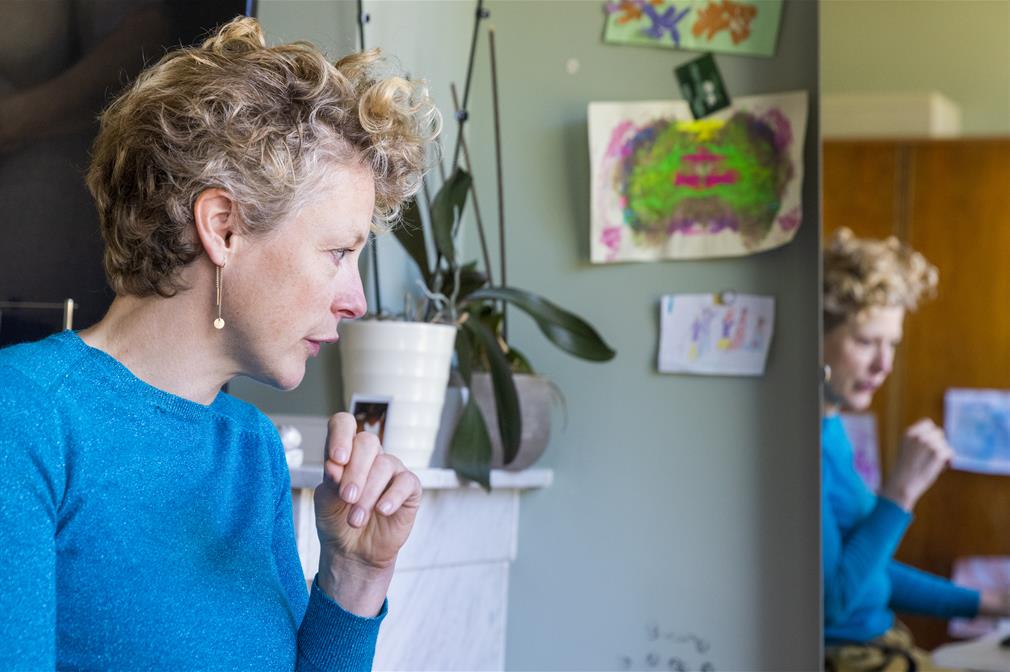
That was the 4th of February. On the 6th of February I got the phone call. And on the 13th of February I was here, the ICC’s first psychologist in this role. It happened like that.
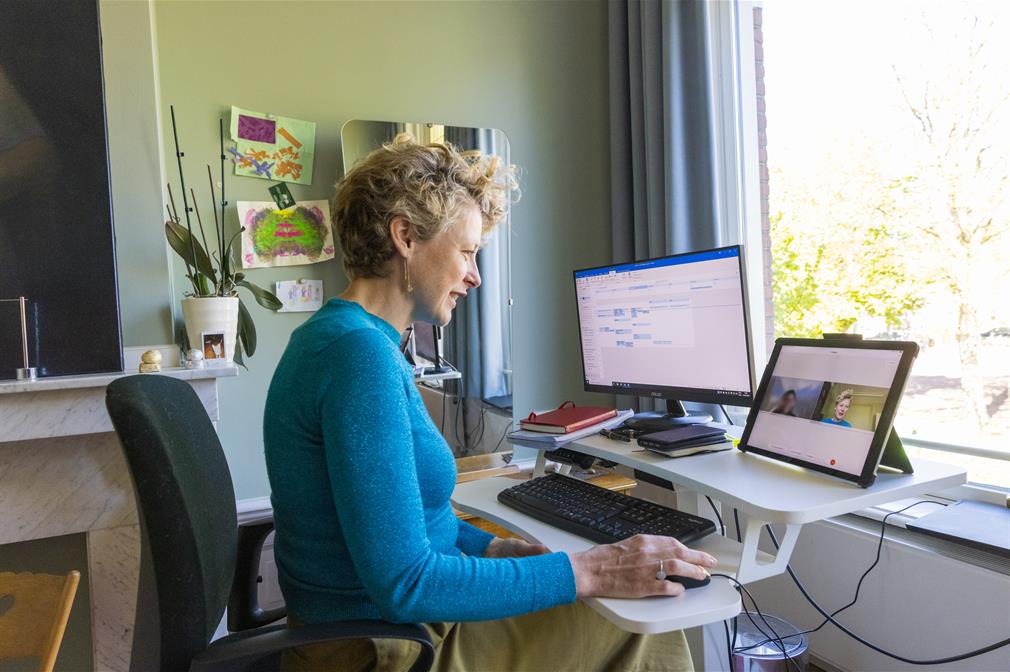
I came to the Court, and our team started developing the whole system for psychological assessments and support to victims and witnesses. We built the system from the ground up.
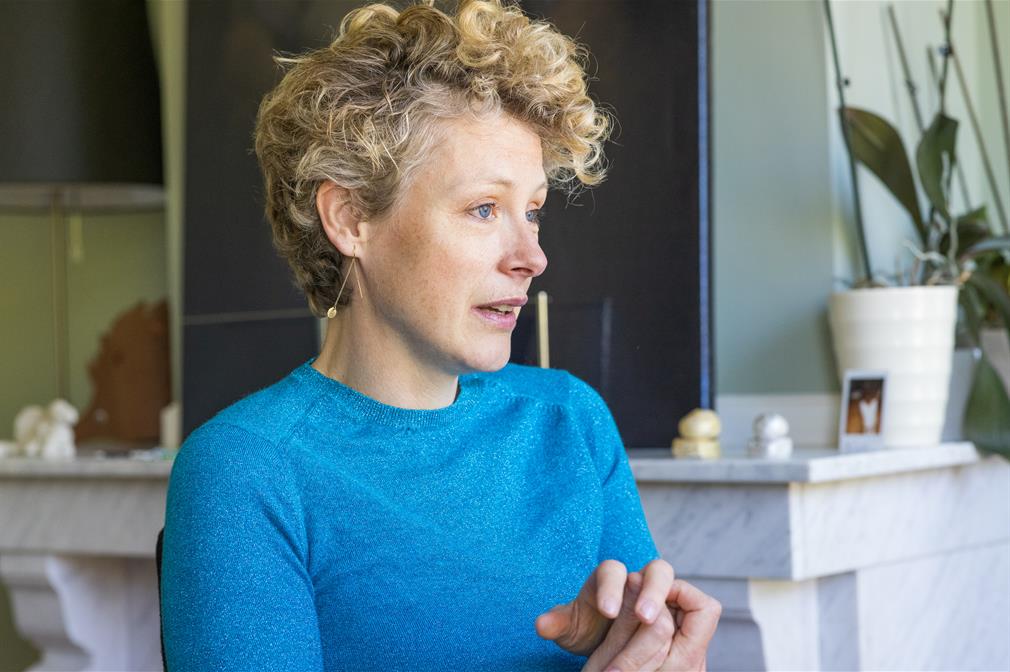
Throughout my career, I have met hundreds of witnesses and victims. I’ve seen that, if given the support they need to tell their story, survivors of atrocious crimes can be very strong witnesses. Testifying can be a powerful way to regain dignity.
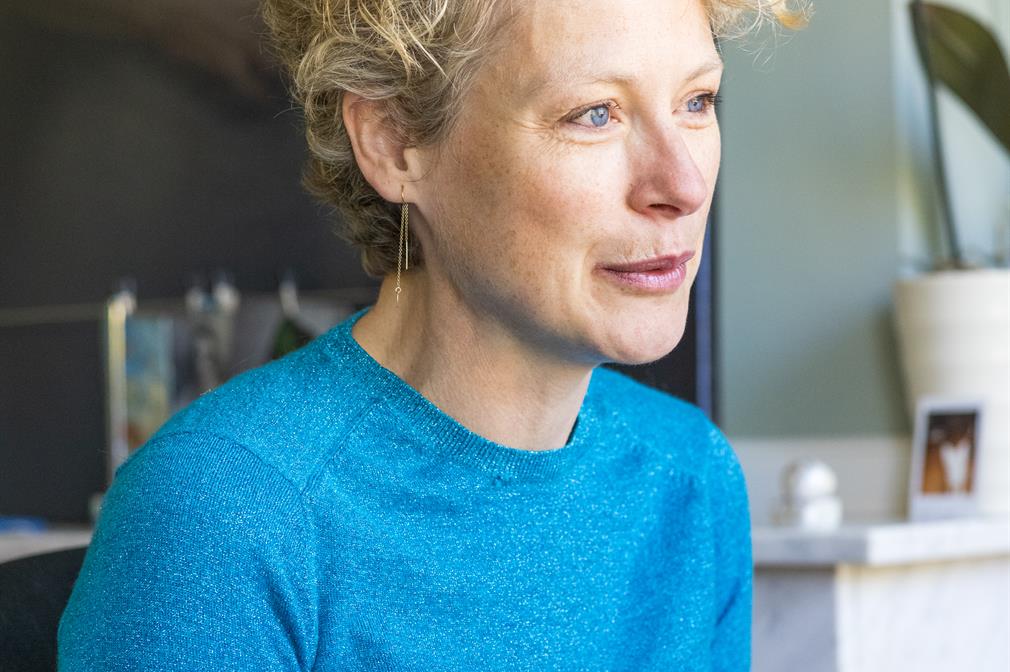
I am often in awe of the hope and courage I see when I talk to witnesses and victims. They want justice, often at great personal risk. This has humbled me, but I can see that we can have an impact, if we focus on what counts in people’s lives.
